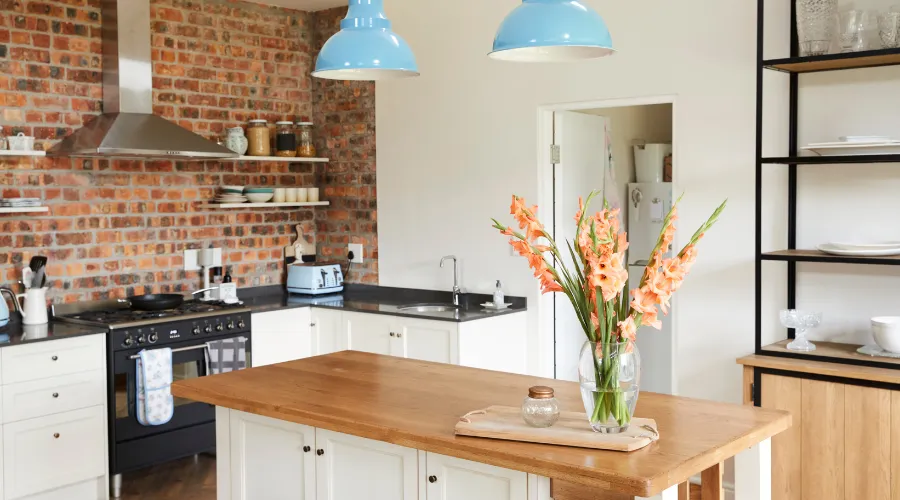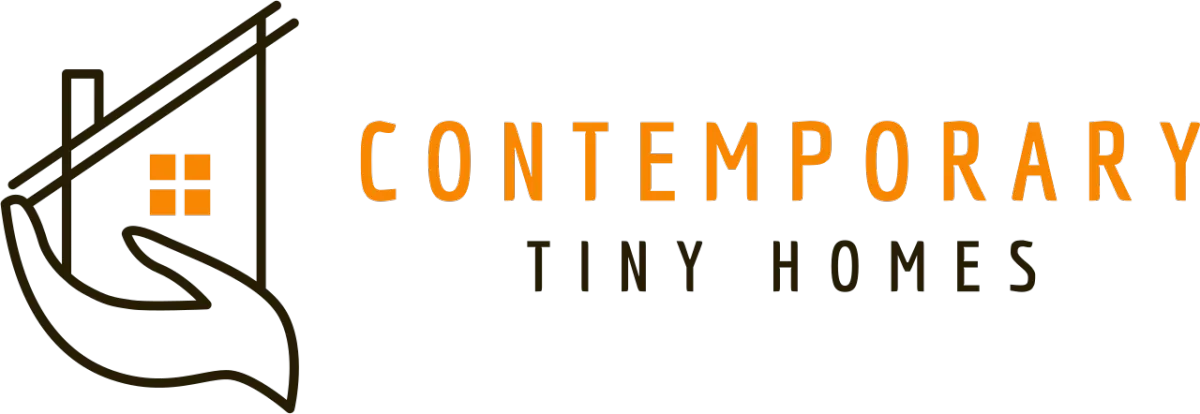Knowledge Center: Your Go-To Resource for ADUs and Tiny Living
Knowledge Center: Your Go-To Resource for ADUs and Tiny Living
Email [email protected]
Phone 860-TINY-HOM (es)

What are the benefits of living in a tiny home?
Living in a tiny home has become a growing trend in recent years, captivating the interest of individuals seeking a simpler, more sustainable lifestyle. These secondary dwellings, ranging from 300 to 907 square ft at Contemporary Tiny Homes, offer a unique set of advantages that go beyond just saving space and costs. From financial benefits to environmental sustainability, tiny homes provide a refreshing perspective on housing that challenges conventional norms.
Let's explore explore the numerous benefits of living in a tiny home, delving into its financial advantages, environmental impact, simplicity, as well as the challenges and considerations that come with this lifestyle choice.
Financial Benefits of Living in a Tiny Home
Tiny homes offer a range of financial advantages that make them an attractive housing option for many individuals and families.
Cost Savings on Construction and Maintenance
One of the primary benefits of tiny homes is their lower construction costs compared to traditional homes. Building a tiny home requires less materials and labor, resulting in significant cost savings. Additionally, the smaller size means lower maintenance and repair expenses over time.
Reduced Utility Bills and Expenses
Tiny homes are highly energy-efficient due to their smaller footprint and use of sustainable materials. This translates into lower utility bills for heating, cooling, and electricity. With less square footage to heat or cool, tiny homeowners can enjoy considerable savings on monthly expenses.

Environmental Advantages of Tiny Home Living
In addition to the financial benefits, tiny homes also offer environmental advantages that appeal to eco-conscious individuals.
Energy Efficiency and Sustainable Practices
Tiny homes are often built with energy-efficient design principles in mind, such as optimal insulation and use of renewable energy sources. Many avid eco-friendly tiny homeowners also embrace sustainable practices like composting toilets, rainwater harvesting, and solar panels to further reduce their environmental impact.
Reduced Carbon Footprint and Environmental Impact
By living in a tiny home, homeowners inherently consume fewer resources and generate less waste compared to traditional households. This reduced carbon footprint contributes to a more sustainable lifestyle and helps preserve the environment for future generations.

Simplified Lifestyle and Minimalism
Beyond the financial and environmental benefits, living in a tiny home promotes a simplified lifestyle centered around the principles of minimalism.
Finding Joy in Less
Embracing minimalism and downsizing to a tiny home can lead to a greater sense of freedom and contentment. With fewer possessions to manage and a smaller space to clean, homeowners can focus on experiences, relationships, and personal growth. Living in a tiny home challenges individuals to prioritize what truly matters to them, leading to a more fulfilling and intentional way of life.
Adaptability to Changing Life Circumstances
Tiny homes are like chameleons, able to adapt to various life changes. Whether you're downsizing, starting a new chapter in your life, or seeking to bring family closer together, the flexibility of a tiny home allows you to transition with ease.
Community and Connection with a Tiny Home
Building Strong Relationships in Multi-generational Families
Tiny homes can foster tight-knit relationships among multigenerational families by keeping them closer together. A tiny home can serve as an accessible, independent living space for grandparents or young adult family members, allowing them their own privacy and independence. This communal living arrangement encourages more frequent interactions, shared responsibilities, and mutual support, strengthening family bonds naturally over time.
Designated Shared Spaces for Hosting
A tiny home can serve as a central location for family events. It could be the place where everyone gathers for holiday dinners, family game nights, or celebrations, offering a unique, dedicated environment separate from the main home.

Challenges and Considerations of Tiny Home Living
Zoning and Legal Regulations
Navigating zoning laws and legal regulations may be a hurdle for tiny home dwellers. From finding suitable land to dealing with building codes, understanding and complying with local regulations is essential for a smooth tiny home living experience.
Space Constraints and Storage Solutions
One of the major challenges of tiny home living is dealing with limited space. Creative storage solutions and minimalist living strategies are key to maximizing space efficiency and avoiding clutter in a tiny home.
Conclusion: Is Tiny Home Living Right for You?
Living in a tiny home offers unique benefits such as financial benefits, environmental advantages, community connections, and sustainability. Before embarking on a tiny home journey, consider your lifestyle preferences, willingness to adapt, and hiring experts like Contemporary Tiny Homes to manage every step of the process. Ultimately, whether tiny home living is right for you depends on your personal values, priorities, and unique needs.
FAQ
Are tiny homes cheaper to maintain than traditional houses?
Yes, tiny homes are generally cheaper to maintain due to their smaller size, which results in lower utility costs, reduced property taxes, and minimal upkeep expenses. Fewer rooms and smaller appliances reduce the need for frequent repairs or replacements.
How do tiny homes contribute to sustainability and environmental conservation?
Tiny homes promote sustainability by using fewer building materials, and consuming less energy for heating, cooling, and daily operations. Many tiny homes are designed with eco-friendly materials and can be equipped with solar panels, composting toilets, and rainwater collection systems, further reducing their environmental footprint. Their smaller size also encourages minimalism, leading to less waste and resource consumption.
Can tiny homes provide a sense of belonging and social connection?
Tiny homes often foster a strong sense of belonging and social connection as residents are closer to their families. This can lead to close-knit relationships among family members by creating a shared space for holidays, social activities, and family gatherings.

Copyright 2026. All rights reserved. Norwalk, CT
Connecticut's New Home Construction Contractor License: #NHC.0017654
EPA Lead-Safe Certified NAT-F269966-1



